By Cui Bailu from CNS
Mr. Essam Sharaf, former prime minister of Egypt, received the Outstanding Achievement Award of the Orchid Awards on September 8th, 2023. This award was initiated by the China International Communications Group (CICG), which honors those who have made outstanding contributions to promoting cultural exchanges and mutual learning between China and the rest of the world.
Mr Sharaf has visited China more than 30 times and developed friendly feelings towards China through the years. He has long been committed to promote dialogue between Chinese and Egyptian civilizations, as well as participate in cultural exchanges between China and Africa.
During a recent exclusive interview with the “W.E. Talk” of China News Service, Mr Sharaf said the relationship between Egypt and China, dating back to the era of ancient Silk Road that connected these two great civilizations, is exceptional. Both civilizations have had profound influence on human history. Egypt and China share many commonalities regarding their high human values and near-identical stances on international issues currently, and should carry out more pragmatic cooperation on the basis of common values.
Here are excerpts from the interview:
CNS: You have visited China more than 30 times and forged a close bond with China. When was the first time you came to China? What was your first impression of China? How has China changed since your first visit?
Essam Sharaf: During my tenure as Minister of Transport in 2005, I visited China for the first time. Prior to my visit, I had been staying informed about the recent news on China and its advancements in industrialization. Furthermore, as a transportation professor and researcher, I have been monitoring the development in transportation, particularly the areas of railroads and maritime transportation.
To tell the truth, I did not expect to see such a level of development in China. Upon my return from the 2005 visit, I informed my colleagues in the cabinet and at Cairo University that I had witnessed the birth of a great country. In fact, I mentioned this to a group of young Chinese during a 2017 TED video recording in China.
During my subsequent visits to China, I became interested in Chinese politics and culture for many reasons. I can sum them up in the following: A dream that comes true, an inspiring model to follow, a living civilization, a governance system that deserves all the respect.
CNS: You mentioned that you like Chinese culture, which parts of it attract you? Egypt and China are both ancient civilizations with long histories and unique cultures, but also share similarities. What's your opinion on the diversity and similarity between different civilizations?
Essam Sharaf: Although I enjoy Chinese culture overall, I am specifically interested in Chinese music and painting.
The relationship between Egypt and China is exceptional, dating back to the era of ancient Silk Road that connected these two great civilizations. The achievements of the two civilizations have had a profound influence on human history.
The diversity among civilizations is a universal reality. For example, Egyptians would be surprised to see Chinese people eating with what they call "chopsticks", but it would be not strange when we understand the rules of Chinese dining. Also in Egypt, we eat different food, play and talk in a different way.
Breaking cultural barriers is very important, for it is the basis for people to know each other and understand each other. That’s why we talk about art, music, calligraphy, painting—because they help us further understand the cultural connotations behind them.
Despite the diversity, Egyptian and Chinese civilizations share many commonalities regarding their high human values and their near-identical stances on international issues. I can see that the countries through their deep civilizations carry several similar values including but not limited to peace and respect. The near-identical stances are numerous but let me mention two important stances. The first is at the international level, namely Russia-Ukraine war. The two countries believe that peaceful solution is the ideal solution. The second stance is on the regional level where China support Egypt in the Palestine case, and Egypt support the One-China stance.
During this trip to China, I also visited Dunhuang in Gansu Province and see the Mogao Grottoes, Mingsha Mountain and Crescent Spring. This was my second visit to Dunhuang. Egypt also has nature reserves and ancient cultural heritages which are similar to Dunhuang, such as lakes in the desert. These are all commonalities worth exploring.
CNS: Over the years, you have been committed to promoting cultural dialogues and exchanges between Egypt and China, and have done a lot of work for bilateral cultural cooperation. What prompts you to do this? Please share an example of how you promoted cultural exchanges between Egypt and China.
Essam Sharaf: I have been working in culture for a long time, especially doing research on the changes in east and China in the last 10 years since China proposed the Belt and Road Initiative in 2013. Egypt-China relations can be traced back to to the old silk roads thousand years ago. So when we say this is a "new Silk Road", people will accept that very easily.
To create a more harmonious global civilization, we should prioritize building strong people-to-people bonds. Additionally, I am confident that Egypt and China, with their rich civilizations, can lead the world in this direction.
In my foundation (Sharaf Foundation for Sustainable Development), our focus has mainly been on China, and we have conducted numerous lectures and presentations about China and the Belt and Road Initiative (BRI) in Egypt. In partnership with the Chinese embassy in Egypt, we launched a program called "Know China" to provide the Egyptian community with a better understanding of China. We also organized a series of lectures and seminars at the Chinese Cultural Center in Egypt. For example, Chinese films were rarely shown in Egypt, so the Chinese Cultural Center in Cairo held Chinese film events and invited Egyptians from culture fields to watch movies. They were all surprised by the quality of Chinese movies.
Now I am telling the stories about China, the Chinese civilization, and the Chinese people who respect rules and civilization by nature. That is what I try to do, and I hope to continue to walk on this road in the future.
CNS: The exchange and friendship between Egypt and China has been lasting for centuries, what experience can we learn from today? At present, how are the two countries carrying out pragmatic cooperation?
Essam Sharaf: The relationship between China and Egypt is exceptional, dating back to the Old Silk Road Era that connected these two great civilizations. Both civilizations have greatly influenced human history. We should build on these valuable high human values in our way to more pragmatic cooperation.
The cooperation between the two countries has witnessed a significant improvement in several areas, including, for example, transportation, energy, industry, and massive work in the new administrative capital. For example, China and Egypt could greatly benefit from creating special economic zones, particularly along the Suez Canal pathway, which plays a crucial role in the Maritime Silk Road. Additionally, it would be beneficial to focus on further industrialization.
The second area of essential collaboration relates to cultural exchange and mutual learning, which could benefit China, Egypt, and the world as a whole by promoting cultural connectivity and dialogue between civilizations. I believe that the civilizations are the most important assets for the two countries. With these valuable assets, China and Egypt can lead the way in responding to the Global Civilization Initiative proposed by President Xi this year that aims at mutual understanding and respect between civilizations.
CNS: This year marks the 10th anniversary of the Belt and Road Initiative (BRI). You have been engaged in the BRI researches for years, how do you view Egypt and China’s joint construction of the Belt and Road Initiative? What are your expectations for the Belt and Road Initiative in the future?
Essam Sharaf: Egypt and China are connected physically through the pathway of the Maritime Silk Road, and connected through their outstanding heritage and high human values. These connections, I believe, are key to the construction of the Belt and Road Initiative.
The BRI is founded on two fundamental principles crucial for humanity: connectivity and partnership. I believe that these two pillars are the essential components for constructing a global community of shared future, which is necessary for a world that is just, equitable, and characterized by dialogue-based international relations, rule-based global governance, and true multilateralism. Simply, I believe that the BRI could be the road to a world where humanity enjoys: cooperation, not domination; coexistence, not superiority; mutual understanding, not arrogance; trust, not prejudice; openness, not seclusion; dialogue, not confrontation; negotiation, not bullying; and civilizations embracement, not civilizations clash.
(The interview record was first published on September 10th, 2023 by China News Service.)
Edited by Wang Zonghan








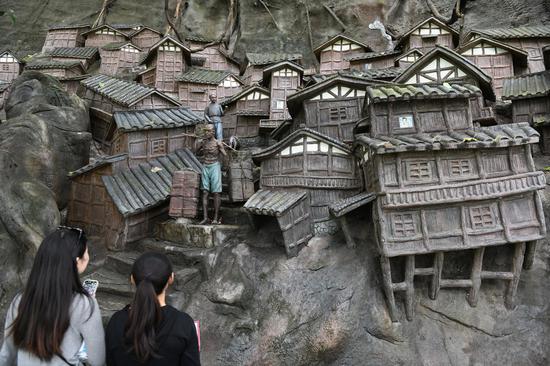

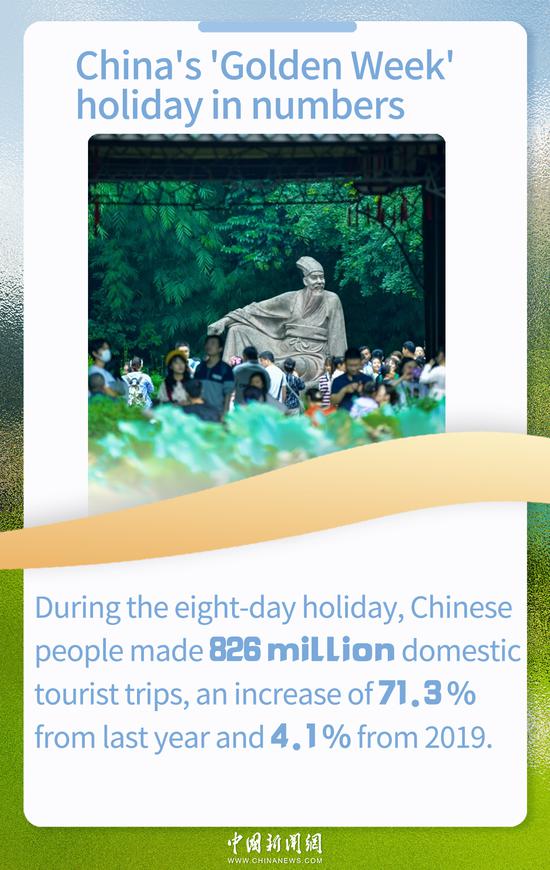
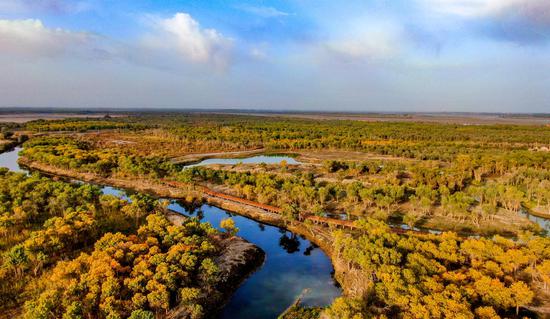

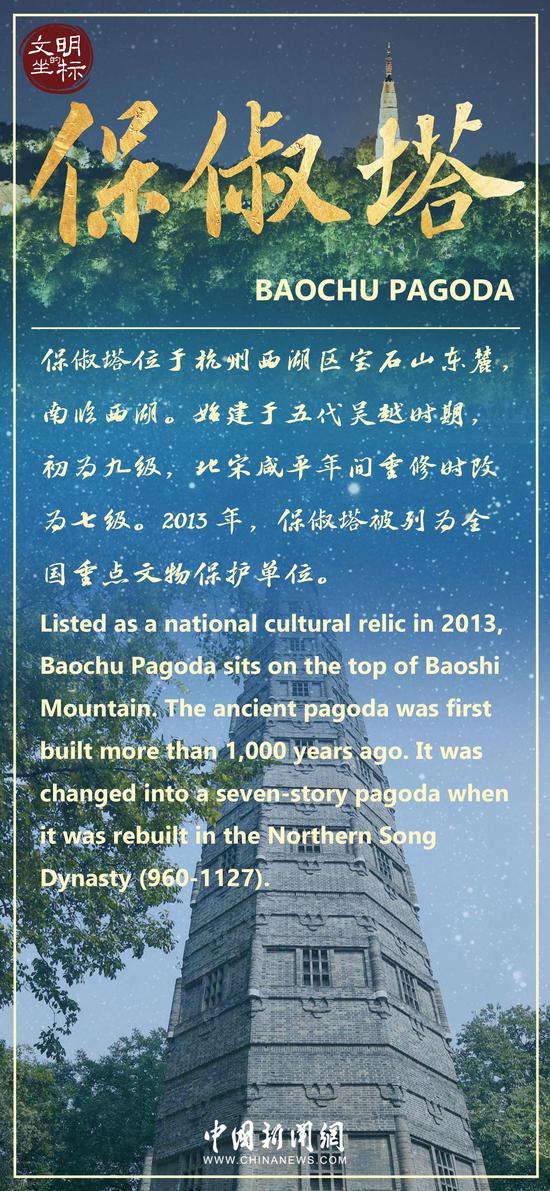

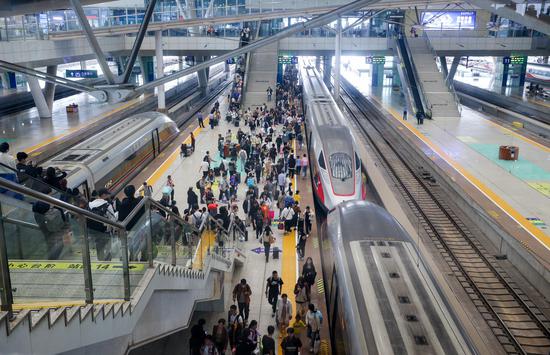


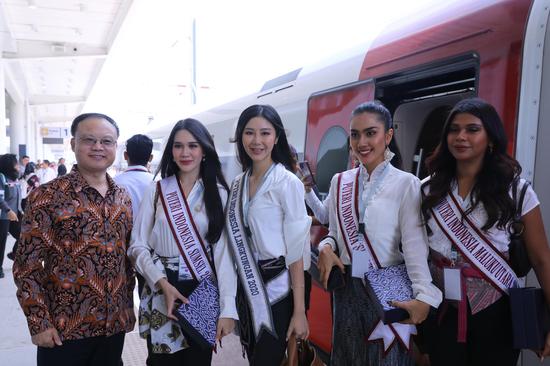
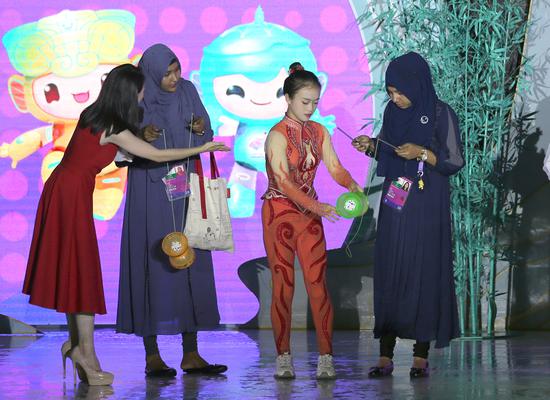

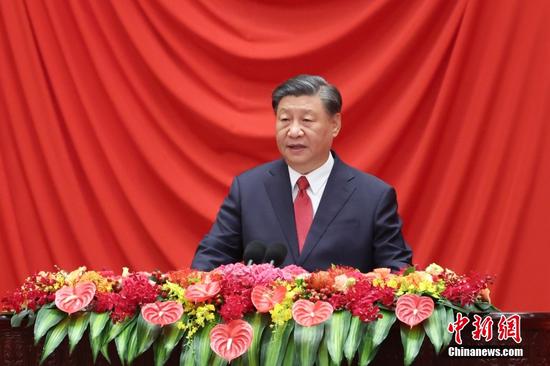
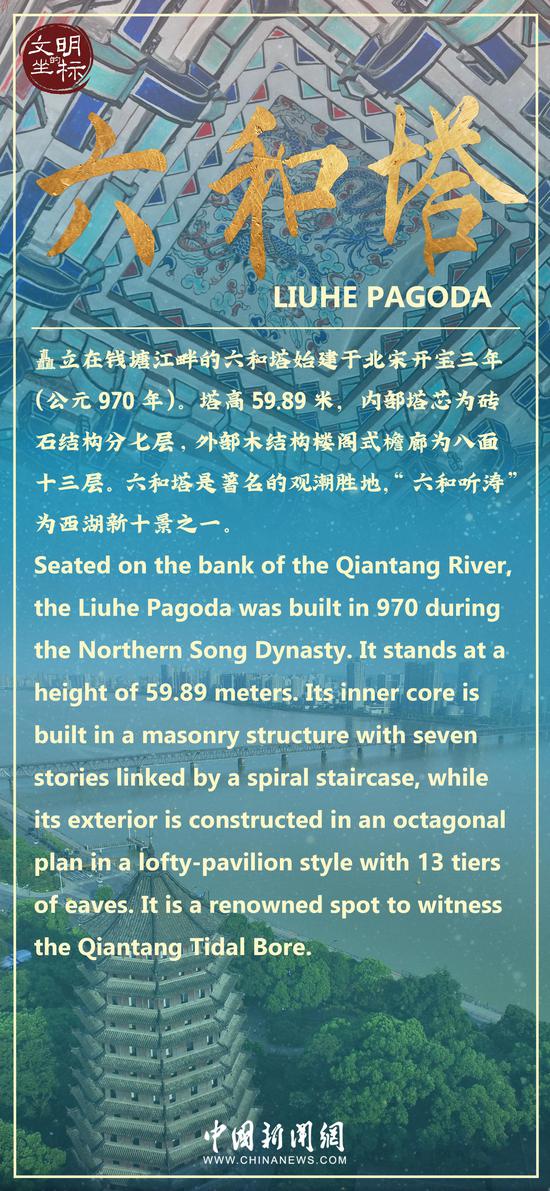
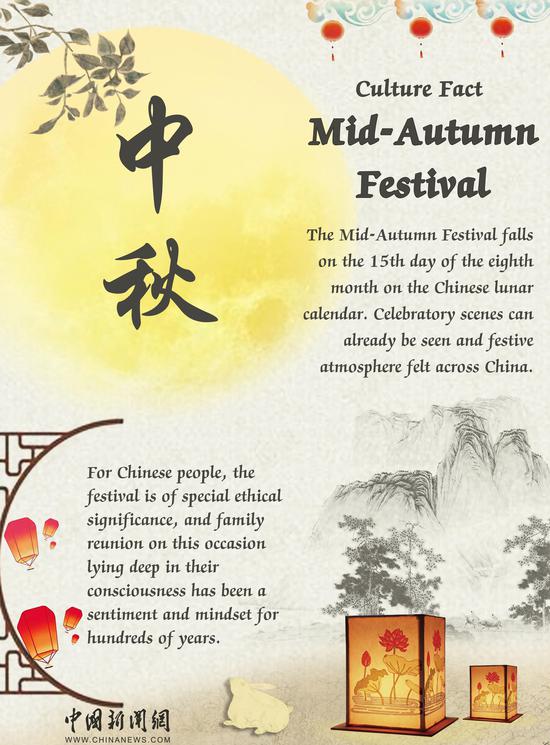
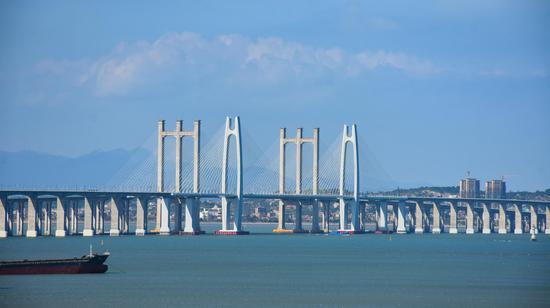
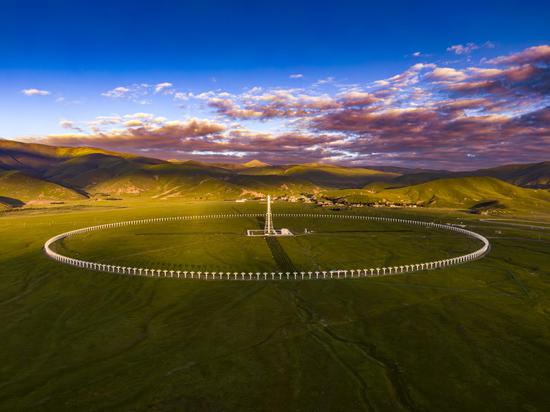

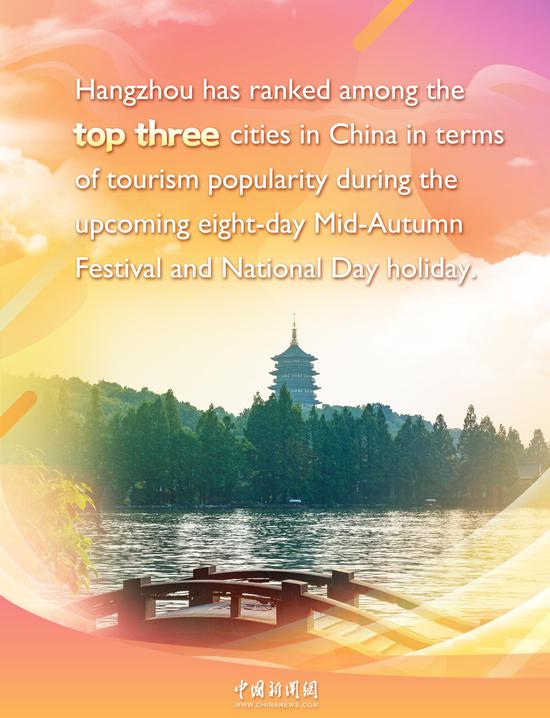
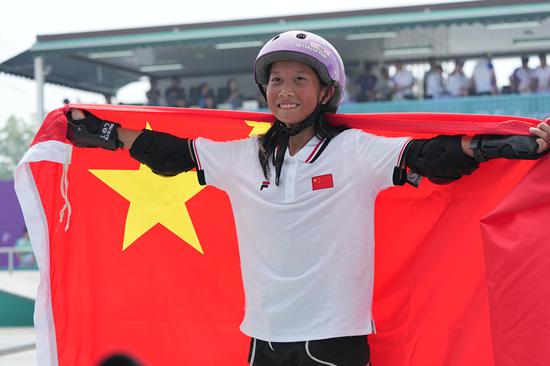

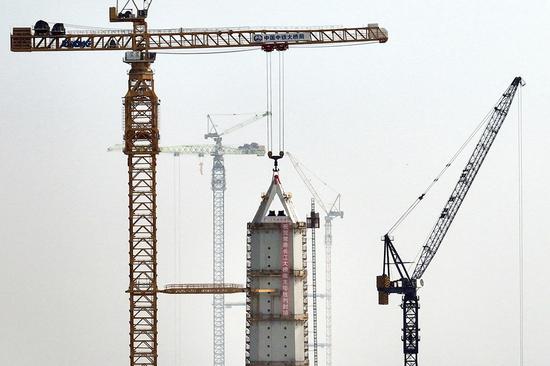
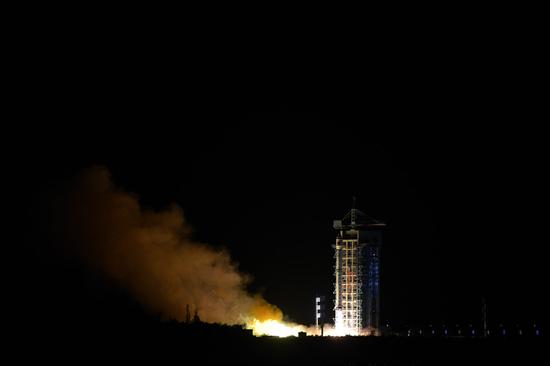
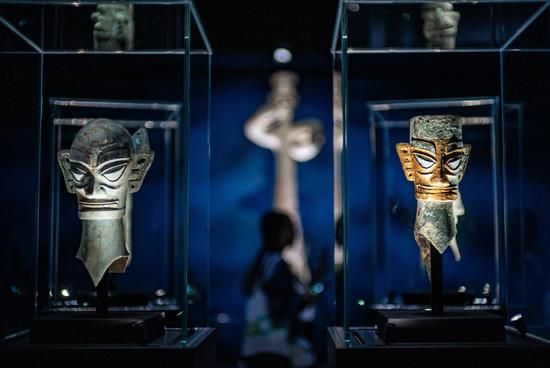

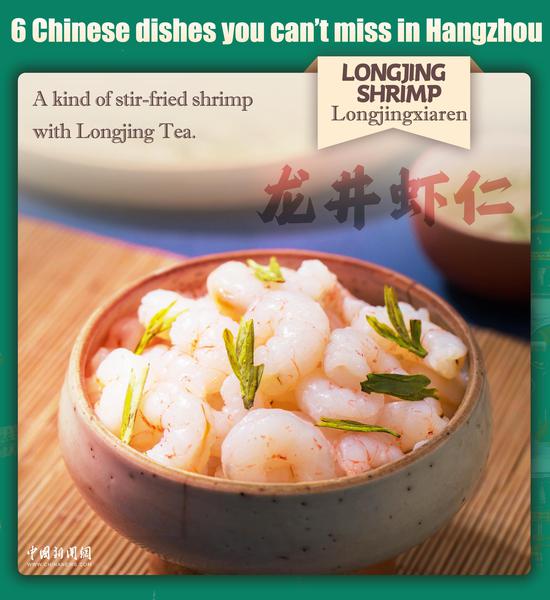



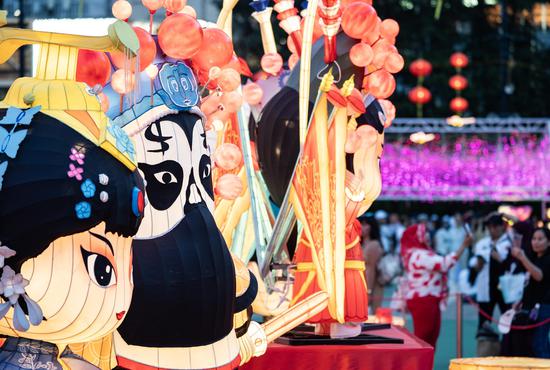


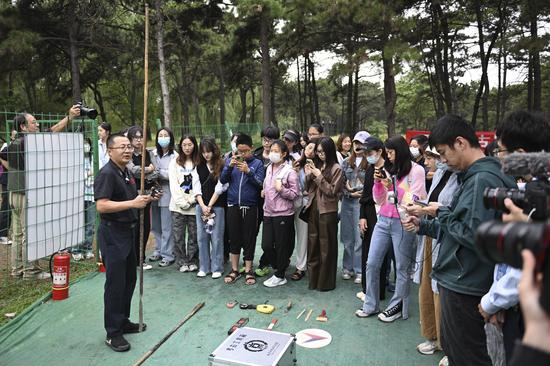
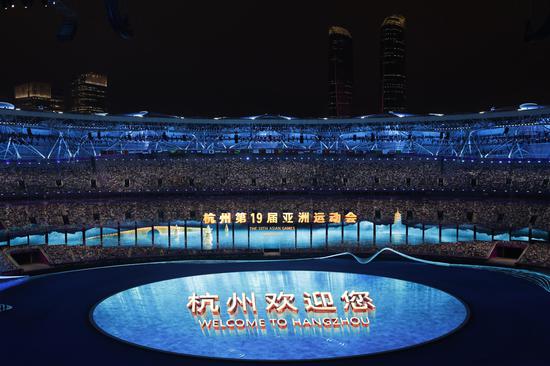

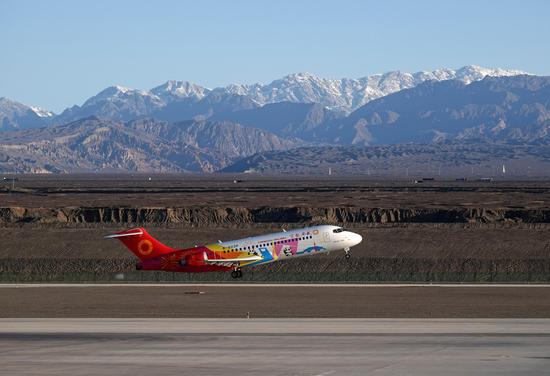





 京公网安备 11010202009201号
京公网安备 11010202009201号